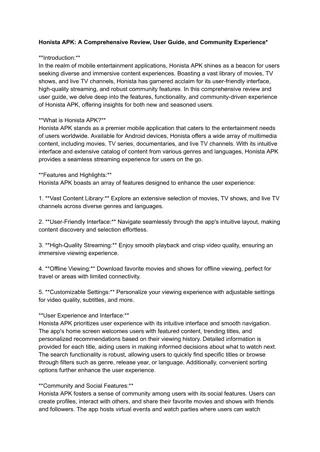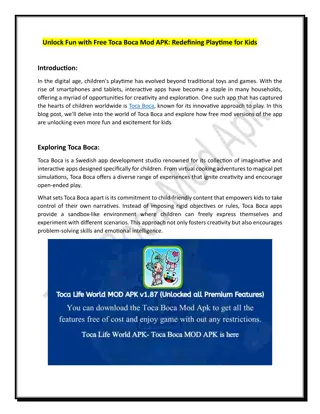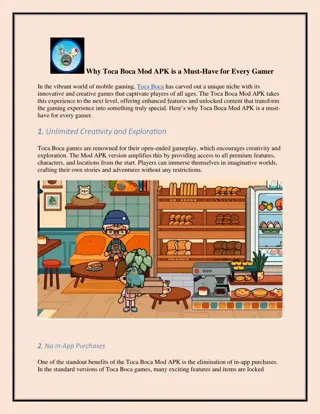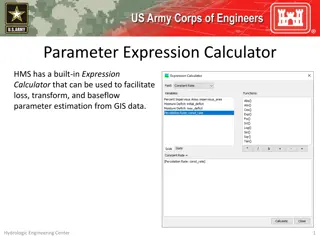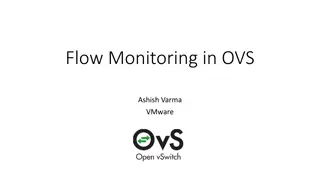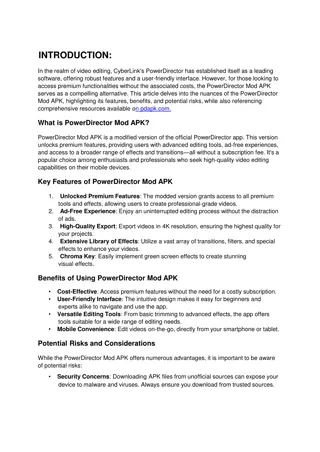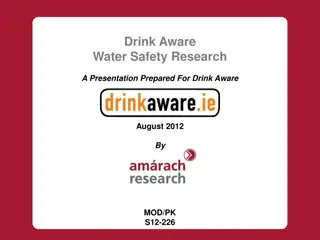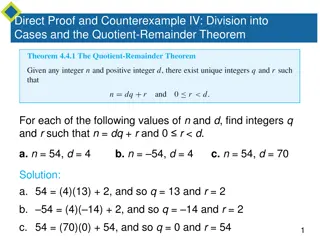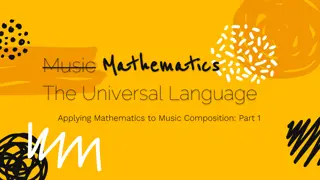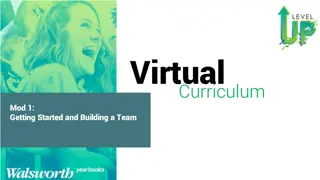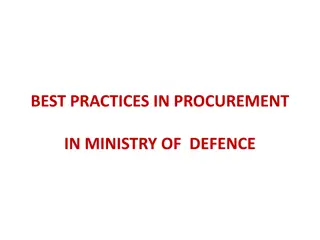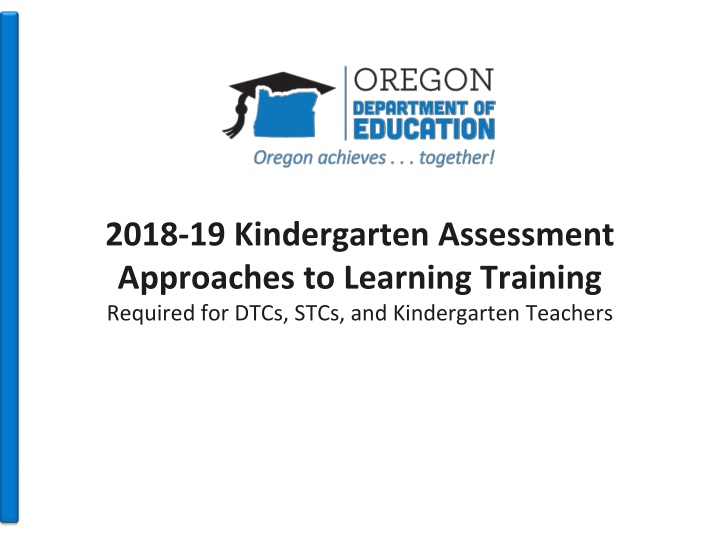
2018-19 Kindergarten Assessment Approaches
Explore the 2018-19 Kindergarten Assessment Approaches focusing on providing valuable insights into the social, self-regulatory, and academic skills of incoming kindergartners, without determining individual readiness for kindergarten. Learn about the purpose, administration, and scoring of this statewide tool that aids in identifying systemic opportunity gaps in early education.
Download Presentation

Please find below an Image/Link to download the presentation.
The content on the website is provided AS IS for your information and personal use only. It may not be sold, licensed, or shared on other websites without obtaining consent from the author. If you encounter any issues during the download, it is possible that the publisher has removed the file from their server.
You are allowed to download the files provided on this website for personal or commercial use, subject to the condition that they are used lawfully. All files are the property of their respective owners.
The content on the website is provided AS IS for your information and personal use only. It may not be sold, licensed, or shared on other websites without obtaining consent from the author.
E N D
Presentation Transcript
2018-19 Kindergarten Assessment Approaches to Learning Training Required for DTCs, STCs, and Kindergarten Teachers
Purposes of the Kindergarten Assessment Provide local and statewide information that gives families, schools, communities, and state-level policy makers a snapshot of the social, self-regulatory, and academic skills of incoming kindergartners Provide a consistent, statewide tool for identifying systemic opportunity gaps, determining Early Learning resource allocation to best support students in need, and measure improvement over time 2
The Kindergarten Assessment Is What it is What it is not A snapshot of early literacy, early math, and approaches to learning skills of students entering kindergarten NOT used to determine if an individual student can enter kindergarten NOT a diagnostic tool for placing children in specific programs or classrooms A consistent, statewide tool NOT a comprehensive assessment of students knowledge and skills Aligned to Early Learning and Common Core State Standards NOT designed to measure what students learn in kindergarten 3
Test Administration Conducted through teacher observation of children s behavior over a period of time with other adults and children in a classroom setting during the first six weeks of school Must be completed by the classroom teacher Includes 15 items that measure Self-Regulation and Interpersonal Skills The classroom teacher may assess all of the students in a classroom on one item at a time or rate of each of the students on all 15 items before moving on to the next student Special Considerations Child s cultural background Very seldom children will never exhibit behavior described by an item 4
Scoring The teacher responds to each item by circling numbers on a 1-5 point scale: 1) 2) 3) 4) The child never exhibits the behavior described by the item. The child rarely exhibits the behavior described by the item. The child sometimes exhibits the behavior described by the item. The child frequently or usually exhibits the behavior described by the item. The child always exhibits the behavior described by the item. 5) If the behavior was not observed, please use an item response of 6. 5
Test Attempt and Administrative Codes The majority of your students will have a valid Attempt Code (Y) and an Administrative Code of (0) For any student, refer to the list of Attempt and Administrative Codes at the top of the Approaches to Learning Scoresheet and record the information in the Student Information section 6
ODE Contact Information Holly Dalton Early Literacy and Early Math Assessment Specialist holly.dalton@state.or.us 503-947-5927 Elyse Bean Kindergarten Data Owner Elyse.bean@state.or.us 503-947-5905 ODE Helpdesk Technical Assistance ode.helpdesk@state.or.us 503-947-5715 9

